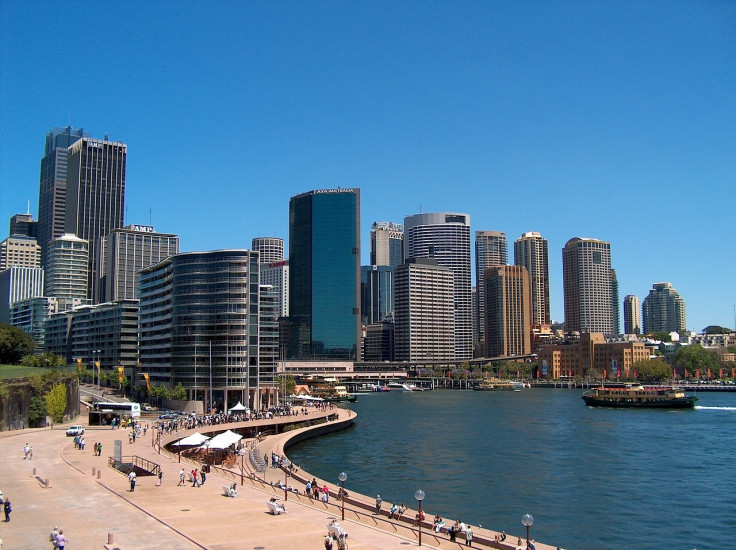Australians Grow Wary Of Economic Stagnation And Job Security As Consumer Sentiment Falls

Two recent consumer surveys have revealed that Australians were growing more wary of the stagnating economy and job security, while being less apprehensive about potential interest rate hikes and the pressures of living costs.
While the Westpac–Melbourne Institute Consumer Sentiment Index dipped by 0.5% to 84.6 in September from 85.0 in August, the NAB business confidence survey was down to -4 index points in August.
"The 'economic outlook, next 12 months' subindex fell 2.6% to 81.2 and the 'economic outlook, next five years' subindex declined 1% to 90.6," Westpac head of Australian macro-forecasting Matthew Hassan said. "The lackluster June quarter national accounts clearly impacted here. Indeed, responses over the course of the survey week suggest all of the sentiment decline in the month related to a sharp drop-off among those surveyed after the national accounts release."
The drop in confidence regarding the economy has also led to a rise in fear of job losses.
"Notably, the deterioration has been a little sharper among consumers with a job – unemployment expectations across this subgroup jumping 8.3% in the month to its highest level since 2016," ABS head of national accounts Katherine Keenan said, News.com reported.
Based on NAB's monthly business survey for August, the business conditions were marked below average and confidence dropped to -4.
"The fall in conditions was driven by a drop in the employment subcomponent, suggesting that weaker trading conditions and profitability may now be more materially feeding into labor demand," the report said.
"With the recent national accounts showing very soft private sector growth in Q2, the business survey suggests this has carried on into the new financial year and may be beginning to translate into a softer labor market," it warned.
Hassan noted that the Unemployment Expectations Index increased by 3.7% to 138.4 in September, which was a rise of 11% since April and well above the long-term average of 129.
The higher index numbers indicated that more people expected unemployment to rise in the coming year.
Despite the lingering pessimism over the past two years, housing-related sentiment improved modestly across various states.
The Mortgage Rate Expectations Index, which tracked consumer expectations for mortgage rates over the next 12 months, declined by 8.6% to 123.8, marking the lowest since April. Less than half of the consumers expected a rise in mortgage rates.
Experts also forecast that the Reserve Bank board will maintain the cash rate at 4.35% when it meets on Sept. 23–24.
Australians are still feeling weak about their finances. Though this might reduce the Reserve Bank's worries about consumer spending, its main concern would be if this balance between demand and supply will keep the inflation rate high, Hassan pointed out.
© Copyright 2025 IBTimes AU. All rights reserved.





















